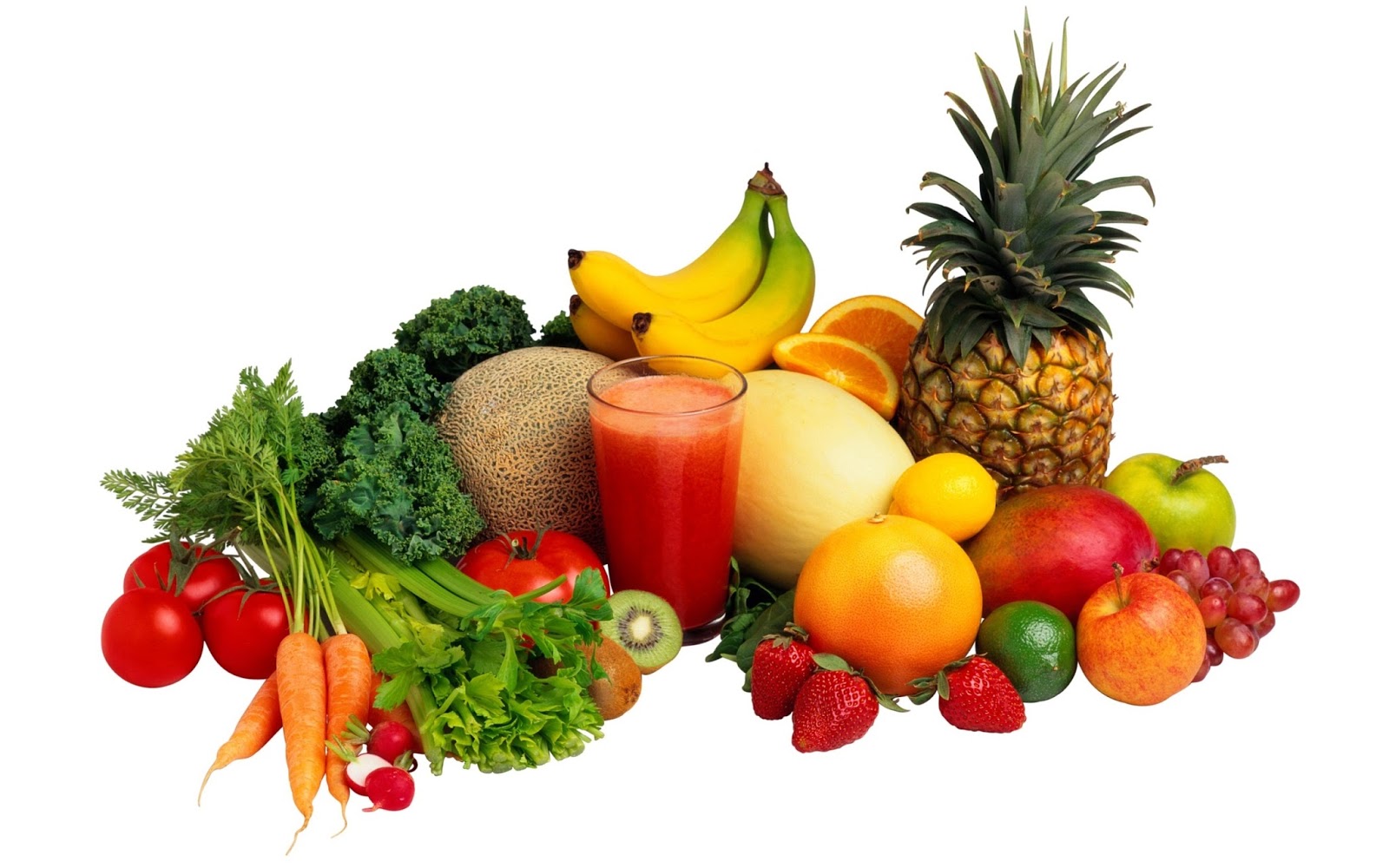
5 healthy Foods
Food fads and facts come and go. Remember once low-cal foods were the solution to everything? It wasn’t too long before individuals began to find out that one thing else had to be value-added to create up for the loss of flavor caused by removing the fat. That something was sugar.
There’s nothing sort of a very little data (and tons of sugar) for a dose of reality.
But the news is not all bad. There ar some erstwhile “forbidden” foods you would possibly wish to rethink.
Popcorn. when it had been uncovered that a medium-sized picture popcorn together with a medium soda was like feeding the biological process equivalent of 3 Quarter Pounders lidded with twelve pats of butter, people avoided popcorn like the plague. But recently scientists reportable that popcorn contains even additional healthful inhibitor substances known as “polyphenols” than fruits and vegetables. These substances have been linked to a reduction in heart disease and certain cancers. More stunning is that the best concentration of these polyphenols is contained in those annoying hulls that mire in between your teeth. Another and for popcorn: it is a nice supply of fiber and one hundred pc whole grain.
What not to eat: Movie-theater-style popcorn. It’s cooked in lots of oil with butter and salt aplenty. Some picture theaters additionally pop their popcorn in vegetable oil, that is concerning ninety % unhealthy saturated fat. Microwave popcorn will contain doubly as several calories because the additional healthful air-popped selection. (Calories might not be the sole downside with microwave popcorn, either, as dangerous chemicals, used in the flavorings and ink on microwave bags, could be toxic.)
Chocolate. It accustomed be related to things like calories, acne, sugar and caffein. But dark chocolate gets a pass, because it has so many healthy benefits (sorry milk chocolate fans). It contains powerful antioxidants called flavonoids, which are also abundant in red wine, green tea, fruits and veggies and are associated with a decreased risk of coronary heart disease, cancer, high blood pressure and stroke.
What to not eat: a giant block of cake or a daily bar of chocolate. Dark chocolate still has calories, after all, which might result in weight gain (and weight gain will increase your risk for heart issues and strokes). The German study that found chocolate’s health edges additionally found you would like solely consume concerning six grams every day, that is that the equivalent of concerning one sq. of a chocolate bar.
Eggs. If you had high cholesterol or heart disease—and even if you didn’t—you were once warned to limit your consumption of eggs. New analysis has found that healthy adults will consume AN egg every day without concern concerning increasing their risk of cardiopathy. According to the yankee Heart Association, the carotenoid found in eggs will truly be protecting against the progress of early cardiopathy. Eggs also are loaded with macromolecule, vitamin D and valuable vision and brain-fostering vitamins and minerals.
What to not eat: A four-egg dish parched in scores of butter and oil, full of cheese and sausage. That’s hardly AN excuse to delight in “healthy” eggs; neither is AN order of cooked eggs—even if you are doing order wheaten toast on the facet. (If you fry AN egg reception during a slippery pan with no value-added fat, it’s OK.)
Coffee. Stuntedgrowth … spikes in heart disease … cancer. True or false? That’s old news. The new scoop on coffee is that its health benefits far outweigh its risks. Recent studies have found that coffee contains high levels of antioxidants and may protect against Parkinson’s disease, dementia and type 2 diabetes.
What not to drink: Lots of it. Heavy caffeine use—anywhere from four to seven cups a day—can create its own set of problems, like anxiety, irritability and sleeplessness. So will all the trimmings, like half -and-half and sugar, adding anywhere from 40 to 70 calories per cup (and up).
Peanut butter. Although a two-tablespoon serving will pack concerning fifteen grams of fat, that fat is the heart-healthy, monosaturated kind (like olive oil). Peanut butter additionally helps with appetency regulation, since it’s packed with fiber and protein. It also contains health-enhancing vitamin E, potassium and vitamin B6. And analysis shows that intense peanuts will decrease your risk of polygenic disorder, heart disease and other chronic health conditions.
What to not eat: simply any peanut butter—it’s not all created equal. Watch the metal counts, which can range from 40 to 250 milligrams per tablespoon serving. Sugar, too, is a difficulty, and is additional prevailing within the reduced-fat varieties.



